Technological companies in the field of health care are shaping the modern medical market. They develop solutions that improve patient care, streamline administrative processes and increase the availability of healthcare services. These companies use various technologies such as artificial intelligence, machine learning, big data analytics and cloud computing to create innovations that solve complex problems in the healthcare sector. The goal is to increase the efficiency of healthcare workers and improve patient outcomes.
What is medical technology?
Health technology encompasses the integration of a variety of technological tools and systems designed to improve the management of individual and public health. This broad scope includes numerous applications such as electronic medical records (EMRs), telehealth platforms, advanced diagnostic tools, and predictive analytics. The main purpose of these technologies is to strengthen the health care infrastructure by improving the accuracy of medical diagnoses, increasing the effectiveness of treatment and improving communication between various stakeholders in the field of health care. Such systematic application of technologies in the field of health care helps to optimize processes, making medical services more efficient and accessible.
Functions of medical technologies
Technologies in health care perform many functions. They make it possible to diagnose diseases more accurately and quickly, improve the treatment and monitoring of chronic conditions, and also increase the involvement of patients in their own health. In addition, they are important for reducing health care costs by optimizing the use of resources and improving the flow of information in the health care system. Through integration with mobile devices and the Internet of Things, it also expands access to healthcare for remote or underserved populations.
Key features of the functions of technologies in the field of health care:
- Increasing the accuracy of diagnosis
- Improved management of chronic diseases
- Increasing patient engagement
- Cost reduction due to resource optimization
- Enhanced access thanks to the integration of mobile communications and the Internet of Things
Verily: Pioneering Health Data Analysis
Verily, a subsidiary of Alphabet, is dedicated to harnessing vast amounts of medical data to improve the understanding and management of health and disease. This organization harnesses the potential of large-scale health data sets combined with the capabilities of advanced computing and machine learning. The main goal is to increase the accuracy of health monitoring and the effectiveness of medical interventions. Verily is engaged in extensive research into various diseases, improving health monitoring technologies and building the sophisticated infrastructure needed to reliably collect and analyze health data. These efforts are essential to shaping the ways health professionals approach disease prevention, detection, and treatment, ultimately leading to more informed and effective health care decisions.
Verily’s main areas of activity include:
- Disease Research: Conducting complex studies to understand the mechanisms and progression of various diseases.
- Health monitoring technologies: Development and improvement of technologies that increase the accuracy and usability of health monitoring devices.
- Data collection infrastructure: Creating advanced systems that facilitate the efficient collection, storage and analysis of health data.
- Machine learning applications: Applying machine learning algorithms to interpret complex medical data and predict treatment outcomes.
- Health care interventions: Innovations in the design and implementation of interventions that can be personalized according to individual health care needs.
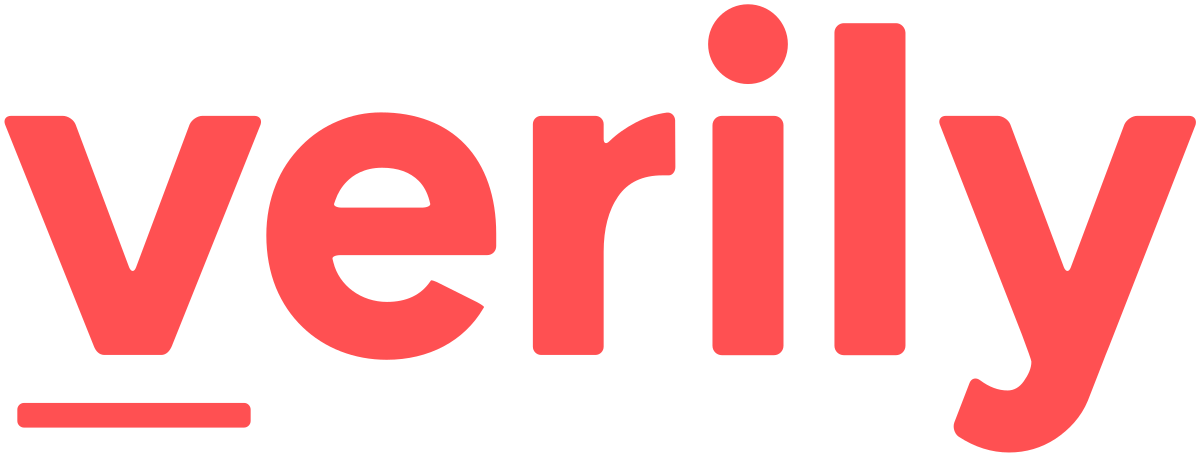
Tempus: Advancing Precision Medicine
Tempus is a renowned precision medicine organization with a special focus on revolutionary cancer treatments. By integrating modern genomic sequencing technologies and sophisticated machine learning algorithms, Tempus performs detailed analysis of clinical and molecular data. This careful process allows doctors to develop individualized treatment strategies tailored to their patients’ individual genetic profiles.
The Tempus platform is able to integrate different types of data, including pathological, radiological and molecular information. Such integration contributes to the creation of comprehensive patient profiles, which are important for clinical decision-making and research directions. Such profiles help predict a patient’s response to various treatments, thereby increasing the accuracy and effectiveness of prescribed therapy.
While expanding its capabilities, Tempus is also focusing on several key areas:
- Data integration: Aggregating and harmonizing data from different sources to create a single picture that can be easily accessed and used by healthcare professionals.
- Genomic sequencing: Using advanced sequencing technologies to decipher the genetic makeup of tumors, which may reveal potential targets for therapy.
- Machine Learning Analysis: Using powerful algorithms to discover patterns and insights in large volumes of data that might be missed by human analysis.
- Clinical Trial Selection: Using patient profiles to identify relevant clinical trials, offering patients access to the latest experimental treatments.
- Real-time decision support: Providing oncologists with real-time, data-driven information that can be used to inform treatment decisions at the point of care.

Devoted Health: Innovating in Health Insurance
Devoted Health specializes in providing Medicare Advantage plans that meet the needs of seniors by combining health insurance with technology services to help them manage their health. The company uses technology to provide a more coordinated set of services, including telehealth consultations and individual health plans. These offerings emphasize preventative care and aim to simplify the often complex navigation of health insurance policies.
At the core of Devoted Health’s approach is the integration of technological solutions that improve the user experience and increase the availability of healthcare services. This integration enables real-time health monitoring and management, which promotes a proactive approach to health maintenance. Key features of Devoted Health services include
- Telemedicine: Enabling seniors to consult with healthcare providers through digital platforms, reducing the need for physical travel.
- Personalized Health Care Plans: Adaptation of insurance coverage and health care programs to the individual needs of each participant, allowing for optimization of treatment outcomes.
- Preventive care: Focusing on preventive measures to detect health problems early, which can lead to better health management and lower health care costs over time.
- Insurance Navigation Simplified: Using technology to demystify the insurance process, making plan options and health services more understandable and accessible to seniors.
Devoted Health’s commitment to integrating advanced technology into its health plans ensures that seniors not only receive comprehensive coverage, but are also empowered to manage their health. This approach not only improves individual health outcomes, but also contributes to the overall efficiency of healthcare delivery by minimizing unnecessary complications and focusing on prevention and early intervention.

Ro: Revolutionizing Men’s Health
Ro is a telemedicine company that started with a focus on men’s health, but has since expanded its services to include a variety of health and wellness issues. The company offers an online platform that facilitates consultations between patients and doctors, with the added convenience of delivering prescriptions directly to patients’ homes. Ro uses technology to address and overcome common barriers to access to health care, such as geographic limitations and scheduling difficulties.
The Ro service is based on a digital platform that simplifies the process of seeking medical advice and treatment. This platform is designed to be user-friendly, ensuring that patients can easily navigate their healthcare options with the support of qualified professionals. Here are some of Ro’s key features and initiatives:
- Virtual consultations: Patients can conduct video consultations with medical professionals, making medical consultations more accessible to those who cannot easily visit a doctor’s office.
- Prescription drug delivery: Medicines are delivered directly to the patient’s door, increasing convenience and adherence to prescribed treatment.
- Expanded Health Services: Originally focused on men’s health, Ro now addresses a wide range of health concerns, including chronic disease management, mental health and preventive care.
- Accessibility solutions: Using technology, Ro aims to remove the barriers of physical distance and limited access to appointments that often prevent people from seeking medical care.
With its telehealth services, Ro aims to provide more than just basic healthcare. It strives to provide a seamless and integrated healthcare experience that empowers patients to take charge of their health in a more informed and convenient way. In this way, Ro contributes to a more efficient healthcare system where technology plays a critical role in facilitating access to healthcare.
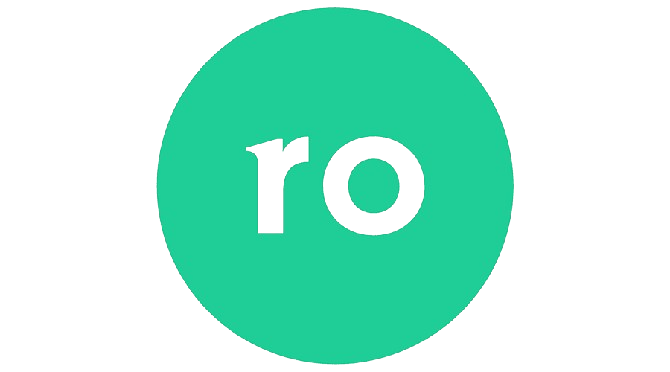
Bright Healthcare: Streamlining Insurance and Care
Bright HealthCare is a provider of integrated health insurance and health care services that works with a network of health care partners to improve the coordination and personalization of health care. This collaborative approach ensures that care is tailored to individual needs, potentially improving overall health. The company aims to use technology to optimize the health care process, making it easier and more accessible for its customers.
- Integrated Healthcare Delivery: By combining healthcare delivery with health insurance services, Bright HealthCare ensures a seamless patient experience. This integration helps manage patient care from diagnosis to treatment, all under one umbrella, which can be especially useful for managing chronic conditions or complex health care needs.
- Care Partners Network: Bright HealthCare works with a network of healthcare providers known as Care Partners. These partnerships are central to the strategy, ensuring that patients receive coordinated and effective care. The network includes specialists, hospitals and general practitioners working together to provide comprehensive healthcare services.
- Use of Technology: Using advanced technology, Bright HealthCare offers tools that facilitate the management of health care plans, appointment scheduling and communication between patients and healthcare providers. This technology also helps track health status and effectively manage treatment plans.
- Personalized Treatment Plans: Understanding that each patient’s medical needs are unique, Bright HealthCare provides personalized treatment plans. They are developed in consultation with a network of care partners, ensuring that each plan meets a patient’s specific healthcare needs.
- Improved customer experience: A focus on technology not only increases the efficiency of healthcare services, but also improves the overall level of customer service. Patients have access to a convenient platform to navigate their health coverage and care, leading to increased satisfaction and better engagement in their health.
Bright HealthCare’s insurance-to-care model, supported by a strong network of healthcare partners and efficient use of technology, reflects the company’s commitment to simplifying the healthcare process while improving customer service. With this model, they aim to make healthcare more accessible, personalized and efficient for all participants.

Lyra Health: Enhancing Behavioral Health Services
Lyra Health provides specialized digital solutions for mental health care, facilitating the connection between people and mental health professionals. Through its innovative app, Lyra Health provides a range of tools and resources designed to help users manage and strengthen their mental health. The platform strategically uses data to effectively match patients with the most appropriate providers, simplifying the process of finding the support they need.
Key features of Lyra Health services include:
- Digital platform accessibility: The Lyra Health app makes mental health resources available to users from the comfort of their homes. This accessibility is critical for those who may face barriers to traditional face-to-face therapy sessions, such as time constraints or physical limitations.
- Comprehensive Toolkit: The app includes a variety of tools designed to help manage mental health. These can include self-paced exercises, direct messaging with therapists, and educational content that empowers users to take proactive steps toward their mental well-being.
- Data-driven matching: One of the key strengths of the Lyra Health platform is the use of advanced algorithms to match therapists best suited to meet patients’ specific mental health needs. This individual approach helps establish a more effective therapeutic relationship and improve treatment outcomes.
- Therapist Network: Lira Health maintains a network of licensed and experienced mental health professionals. This diverse group provides a wide range of specialties and approaches, allowing for a better match between patient and therapist based on unique needs and preferences.
- Privacy and Security: The Platform prioritizes the privacy and security of user data, ensuring the protection of personal information and facilitating confidential communication between patients and therapists.
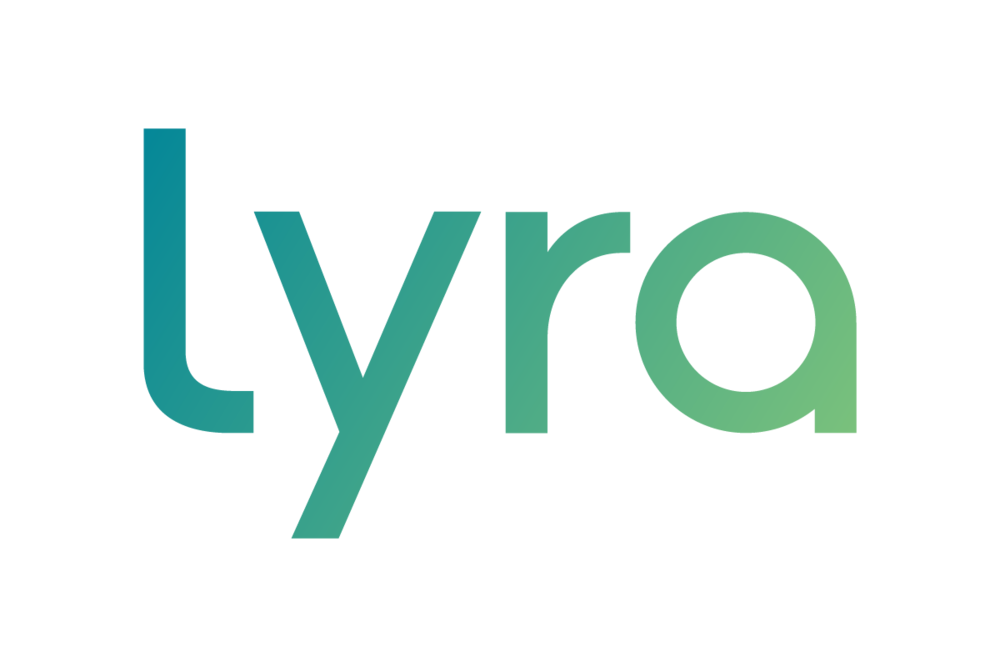
Olive: Automating Healthcare Administration
Olive is dedicated to improving efficiency in healthcare by automating routine tasks with artificial intelligence (AI). Their innovative technology is designed to handle a variety of administrative functions, including insurance policy verification, pre-authorization and managing billing processes. By automating these tasks, Olive significantly reduces the manual workload of staff, reduces the likelihood of errors, and optimizes the overall efficiency of healthcare operations.
The main functionalities of Olive artificial intelligence technology include
- Insurance Verification: The Olive system automates the verification of patients’ insurance coverage, speeding up the enrollment process and ensuring that all information is accurate. This automation helps avoid delays in patient care and administrative procedures.
- Preauthorization: Olive manages preauthorization of treatments, ensuring that necessary procedures are approved by insurance companies before they are performed. This streamlines the workflow, allowing healthcare professionals to focus on patient care rather than paperwork.
- Billing and Claims Management: By automating the billing and claims management processes, Olive helps healthcare facilities manage financial transactions more efficiently. This includes automatically generating and submitting applications, tracking payment status, and handling application rejections or discrepancies.
By integrating Olive’s artificial intelligence technology, healthcare facilities can direct more resources to direct patient care, improving the quality of services provided. In addition, the reduction in administrative burden allows healthcare professionals to interact more fully with patients, potentially improving treatment outcomes. Olive’s technology not only supports the operational aspects of healthcare, but also helps create a more streamlined, error-free environment that benefits both healthcare professionals and patients.
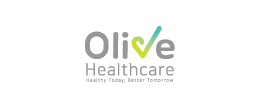
CityBlock: Addressing Urban Health Disparities
CityBlock Health focuses on reducing urban health disparities by implementing a technology-based health care model designed specifically for underserved populations. This innovative approach integrates primary care, behavioral health, and social services to comprehensively address the multiple factors that influence health outcomes. By leveraging technology, CityBlock Health can create more personalized care plans and improve proactive health management, which ultimately aims to improve the overall health of these communities.
Key aspects of the CityBlock Health approach include
- An integrated health care delivery model: CityBlock Health includes a full range of health care services, from primary care to mental health support and social services. Such integration is critical to addressing the complex health problems that are often prevalent in underserved urban areas, where economic, social, and environmental factors can significantly impact individual and community health.
- Technological solutions: Using advanced technologies, CityBlock Health adapts medical services to the specific needs of each patient. Their system facilitates the collection and analysis of health data, allowing healthcare professionals to monitor health trends and potential risks in the community. This evidence-based approach supports the development of targeted interventions that are more likely to lead to positive health outcomes.
- Personalized Care Plans: Each CityBlock Health patient receives a personalized treatment plan designed to meet their unique medical needs. These plans are developed through a collaborative process involving a variety of health professionals, providing a comprehensive approach to treatment and care.
- Proactive Health Management: Through continuous monitoring and regular communication with patients, CityBlock Health proactively manages the health of people in the community. This proactive stance helps in early detection and intervention of health problems, which is essential to prevent complications and effectively manage chronic diseases.
- Community Health Initiatives: Recognizing the importance of community to individual health, CityBlock Health also participates in broader community health initiatives. These programs aim to improve the environmental and social conditions that contribute to health inequalities, thereby increasing the overall well-being of the community.
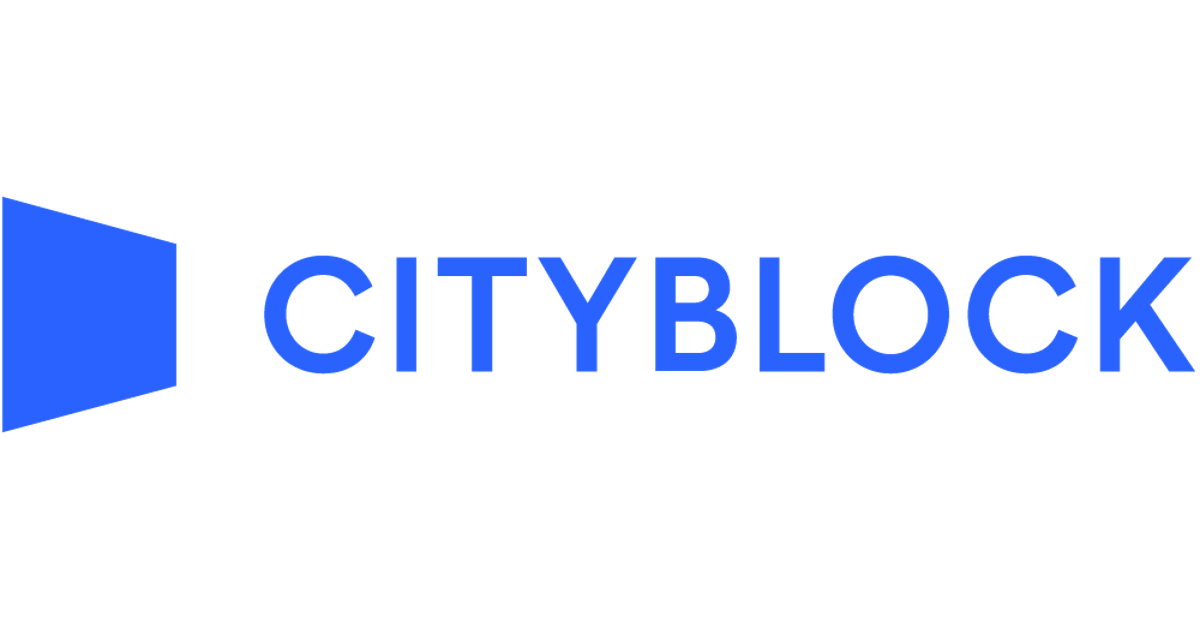
Hinge Health: Digital Solutions for Musculoskeletal Health
Hinge Health is a digital health enterprise that specializes in the treatment of musculoskeletal conditions, including back pain and joint discomfort. The company has developed a range of wearable devices as well as a comprehensive app-based platform that provides personalized exercise therapy sessions. These classes are conducted under the supervision of qualified physical therapists and behavioral health coaches, ensuring patients professional guidance and support. The main goal of Hinge Health services is to provide effective prevention and treatment of chronic pain, offering an alternative to surgical treatment.
The platform and services provided by Hinge Health have several key features:
- Wearable technology: Hinge Health uses advanced wearable devices that help monitor patients’ physical movements and posture. These devices provide real-time feedback to users and healthcare professionals, helping to accurately assess patient progress and the effectiveness of prescribed interventions.
- Mobile app-based therapy programs: The company’s app serves as a hub for personalized therapy sessions. It includes a variety of exercises tailored to the specific needs of each user, designed to strengthen muscles, increase mobility and relieve pain.
- Guidance from medical professionals: Each patient’s therapy plan is supervised by experienced physical therapists and behavioral health coaches. This expert supervision ensures that exercises are performed correctly and that patients remain motivated and engaged throughout treatment.
- Non-surgical pain management: Hinge Health’s mission is to provide alternatives to surgery. Using therapeutic exercise and behavioral coaching, the platform helps manage pain and improve quality of life for people with musculoskeletal disorders.
- Data-driven insights: Integrating technology enables the collection and analysis of data on patient engagement and progress. These data are critical to improving treatment plans and making informed decisions about the most effective pain management strategies.
Hinge Health combines technology with expert medical guidance, offering a proactive solution for effective management and relief of musculoskeletal pain. This model not only helps patients avoid the risks associated with surgery, but also empowers them to take an active role in managing their health.

XtalPi: Transforming Drug Discovery
XtalPi uses artificial intelligence and cloud computing in its platform to significantly improve the efficiency of pharmaceutical research and development. The company specializes in predicting the molecular properties of compounds and their interaction with biological systems, which plays a crucial role in creating more effective drugs. Thanks to the use of innovative XtalPi technology, drug development times are accelerated, and overall costs associated with this process are significantly reduced.
Detailed components of the XtalPi approach include
- Application of artificial intelligence: XtalPi uses artificial intelligence to analyze huge amounts of data related to molecular structures and their potential interactions. This analysis helps to accurately predict how different compounds will behave under real-world conditions, which is vital for effective drug design.
- Cloud computing infrastructure: Using cloud computing, XtalPi ensures that computing resources are scalable and can handle the massive amounts of data required for complex simulations and predictions. This flexibility allows for continuous research improvement without the need for extensive physical infrastructure.
- Prediction of molecular properties: One of the outstanding features of the XtalPi platform is its ability to predict the physical, chemical and biological properties of molecules before they are synthesized in the laboratory. This predictive ability not only speeds up the research phase, but also makes it more cost-effective, reducing the need for multiple experimental trials.
- Interactions with biological systems: Understanding how molecules interact with biological systems is critical to drug development. The XtalPi platform provides insight into these interactions, which can help design drugs that are more targeted and have fewer side effects.
- Efficiency in drug development: The integration of AI and cloud computing significantly accelerates the drug development process. By rapidly identifying promising compounds and predicting their success, XtalPi shortens the time from discovery to market, thereby reducing development costs.
The use of XtalPi technology in pharmaceutical research and development is a significant step forward in the creation of effective and efficient medicines. This approach not only accelerates the development process, but also increases the potential for the discovery of new therapeutics that can address a wide range of health problems.

Microsoft Healthcare: Empowering with Cloud and AI
Microsoft Healthcare uses its robust cloud computing and artificial intelligence (AI) technologies to drive innovation in healthcare. This integration significantly improves data management and computing efficiency, thereby transforming the way healthcare is delivered. With Microsoft Cloud for Healthcare, the company provides a set of tools that facilitate patient interaction, improve collaboration between healthcare professionals and provide deeper operational analytics.
Microsoft Healthcare’s core capabilities include:
- Advanced data management: Leveraging the power of cloud computing, Microsoft Healthcare provides seamless data storage and access, ensuring that patient records and research data are securely protected and easily accessible. This capability is critical to maintaining data integrity and supporting healthcare professionals in making informed decisions.
- Artificial intelligence-based analytics: Artificial intelligence plays a key role in the analysis of complex medical data. Microsoft’s AI algorithms can predict patient outcomes, optimize treatment plans, and even aid in early diagnosis by identifying patterns that might be missed by human analysts.
- Patient engagement tools: Microsoft Healthcare offers platforms that improve patient engagement with healthcare systems by enabling better communication, timely health updates, and improved patient monitoring. These tools help patients stay connected with their healthcare providers, helping to create an environment of continuity of care and support.
- Collaboration platforms: For healthcare professionals, Microsoft offers collaboration tools that facilitate seamless communication and information sharing between doctors, nurses and administrative staff. This integration supports a coordinated approach to patient care, which is essential for complex medical procedures and interventions.
- Operational Analytics: Using cloud technology and artificial intelligence, Microsoft Healthcare provides analytics that help healthcare organizations optimize operations. These analytics can lead to more efficient allocation of resources, lower operating costs, and improved healthcare delivery.
Microsoft Healthcare’s approach to integrating cloud and artificial intelligence technologies provides a foundation that not only improves operational aspects of healthcare, but also results in more personalized and efficient patient care. Focusing on the intersection of technology and healthcare, Microsoft is at the forefront of creating solutions that address both current and future industry challenges.

Amazon Healthcare: Integrating Commerce and Care
Amazon is expanding its presence in the healthcare industry, offering services designed to combine commercial opportunities with healthcare. Key initiatives include Amazon Care and Amazon Pharmacy, which together aim to increase the accessibility and efficiency of healthcare services. Amazon Care offers telehealth services and in-person doctor visits, meeting the need for flexible healthcare solutions. At the same time, Amazon Pharmacy uses Amazon’s extensive logistics network to optimize the delivery of pharmaceuticals, making it faster and more convenient for consumers to receive medicines.
Key components of Amazon’s healthcare strategy include:
- Amazon Care: This service provides virtual medical consultations and, in some regions, in-person visits, facilitating immediate access to medical professionals. It aims to offer a comprehensive healthcare solution that includes emergency visits, sexual health services and vaccinations, among others, directly to individuals and as an employee benefit.
- Amazon Pharmacy: Building on its strengths in e-commerce, Amazon decided to venture into pharmaceutical delivery. Amazon Pharmacy aims to simplify the process of obtaining prescription drugs by allowing customers to complete the entire process online – from downloading the prescription to home delivery. This service emphasizes convenience, privacy and competitive pricing.
- Telehealth services: With Amazon Care, the company is promoting remote health care, giving patients the convenience of accessing health care services from home. This service is especially useful for treatment of chronic diseases, routine consultations and follow-up visits.
- Using logistics in healthcare: Amazon uses its sophisticated logistics and distribution networks to improve healthcare delivery. This includes not only the delivery of pharmaceuticals, but potentially also medical and home health care products, which can improve the overall efficiency of health care delivery.
- Data integration and management: Amazon’s expertise in data management and analytics is expected to play a critical role in personalizing patient care and optimizing healthcare outcomes. Through data analytics, Amazon can potentially offer predictive insights into patient health trends and medication management.
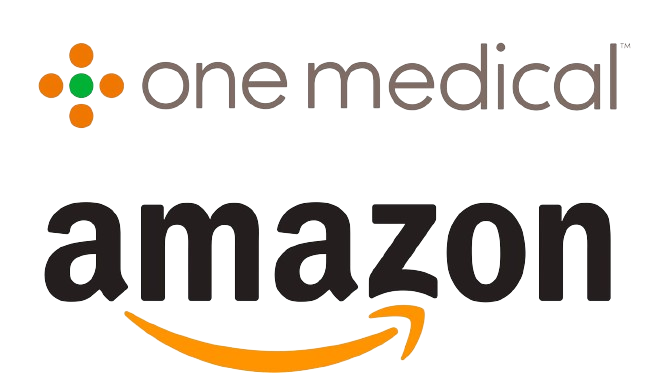
Conclusion
Healthcare technology companies are changing the industry by introducing more efficient, affordable and personalized solutions. From data analytics to telemedicine, these companies are at the forefront of technology integration in healthcare, driving improvements that benefit both providers and patients. As technology advances, their integration into healthcare promises to deepen, leading to even deeper changes in healthcare delivery and management.